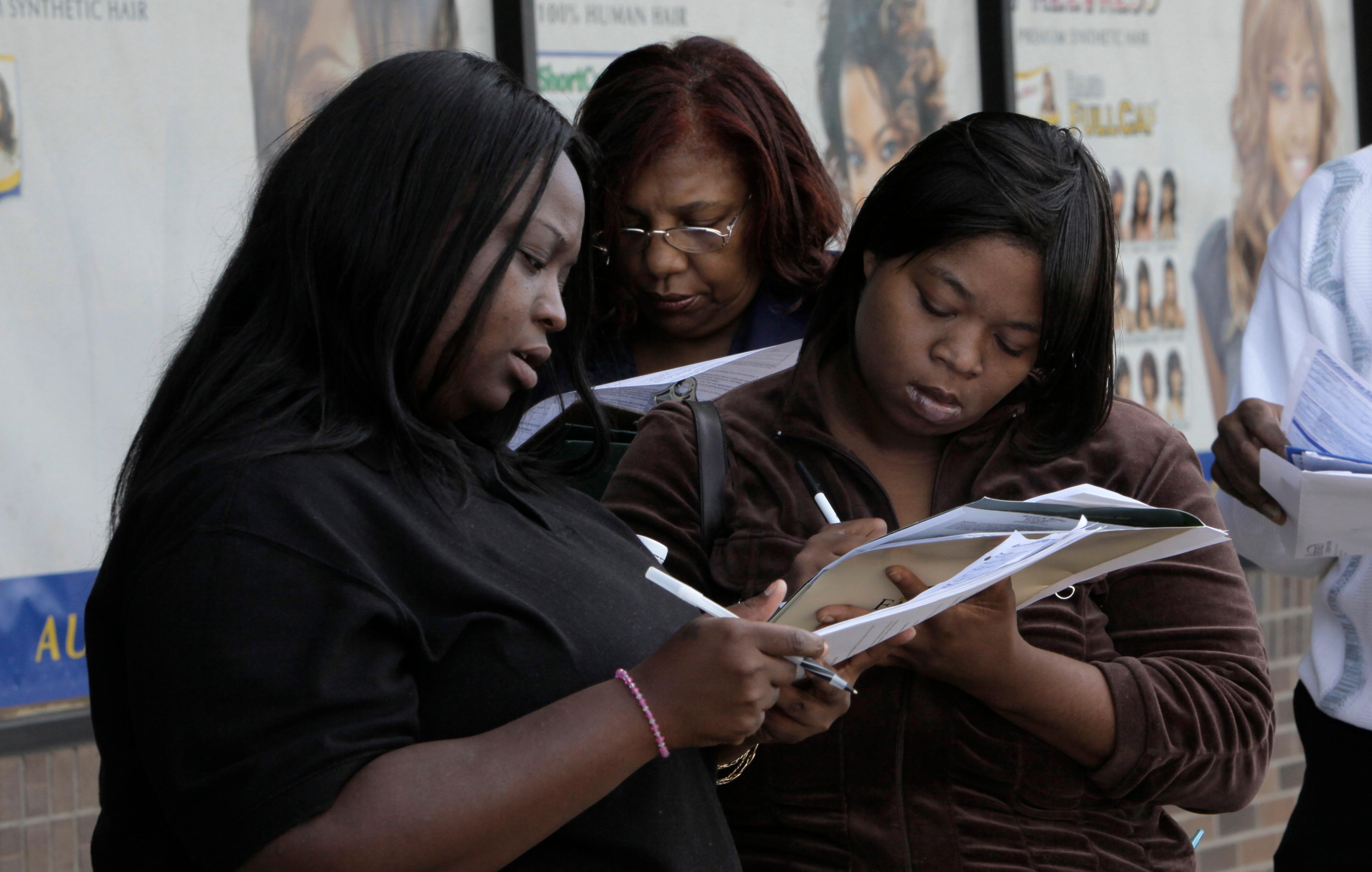According to the report, the U.S. average for Black workers earning low wages is just over 32%, but is around 46% in Mississippi.
Dr. Kaitlyn Henderson is a senior researcher at Oxfam. She says that these pay disparities are more pronounced in Mississippi because the economic landscape of the state traps many people in low-paying positions.
“It is a question of opportunity,” Henderson said. “In states like Mississippi, where a lot of the jobs that are available are in some of the lower wage industries, and this ranges from things like, hospitality, agriculture, means that a lot of folks don't have many job opportunities outside of low wage positions.”
For the report, a "low-wage worker" means someone making less than $17 per hour. The minimum wage in Mississippi is $7.25 an hour, and according to MIT's living wage calculator, a childless adult would need to make nearly $20 per hour to meet their basic needs in Mississippi.
Nearly half of Black women in Mississippi are in low-wage jobs, according to Oxfam's report.
Cassandra Welchlin is the executive director of the Mississippi Black Women's Roundtable. She says this wage disparity can cost Black women up to $24,000 per year and keeps economic mobility out of reach for women across the state.
“Those dollars that they're losing could actually go towards paying for their health care coverage, or childcare, or rent or prescription drug costs,” Welchlin said. “It’s really threatening a woman's economic security. And that's not okay, particularly when she's contributing to her economy.”
Welchlin says this pay disparity could be addressed by Mississippi lawmakers by modifying the state's equal pay law to include protections against racial discrimination and prohibit employers from requiring applicants to disclose their salary histories.




